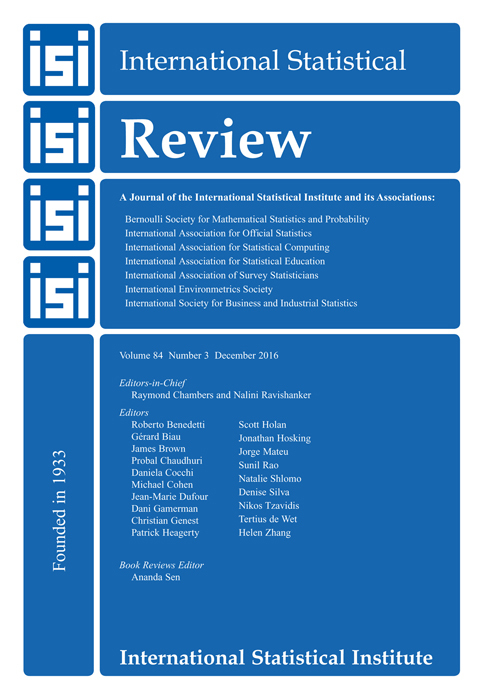Adversarial and Amiable Inference in Medical Diagnosis, Reliability and Survival Analysis
Summary
In this paper, we develop a family of bivariate beta distributions that encapsulate both positive and negative correlations, and which can be of general interest for Bayesian inference. We then invoke a use of these bivariate distributions in two contexts. The first is diagnostic testing in medicine, threat detection and signal processing. The second is system survivability assessment, relevant to engineering reliability and to survival analysis in biomedicine. In diagnostic testing, one encounters two parameters that characterize the efficacy of the testing mechanism: test sensitivity and test specificity. These tend to be adversarial when their values are interpreted as utilities. In system survivability, the parameters of interest are the component reliabilities, whose values when interpreted as utilities tend to exhibit co-operative (amiable) behavior. Besides probability modeling and Bayesian inference, this paper has a foundational import. Specifically, it advocates a conceptual change in how one may think about reliability and survival analysis. The philosophical writings of de Finetti, Kolmogorov, Popper and Savage, when brought to bear on these topics constitute the essence of this change. Its consequence is that we have at hand a defensible framework for invoking Bayesian inferential methods in diagnostics, reliability and survival analysis. Another consequence is a deeper appreciation of the judgment of independent lifetimes. Specifically, we make the important point that independent lifetimes entail at a minimum, a two-stage hierarchical construction.




